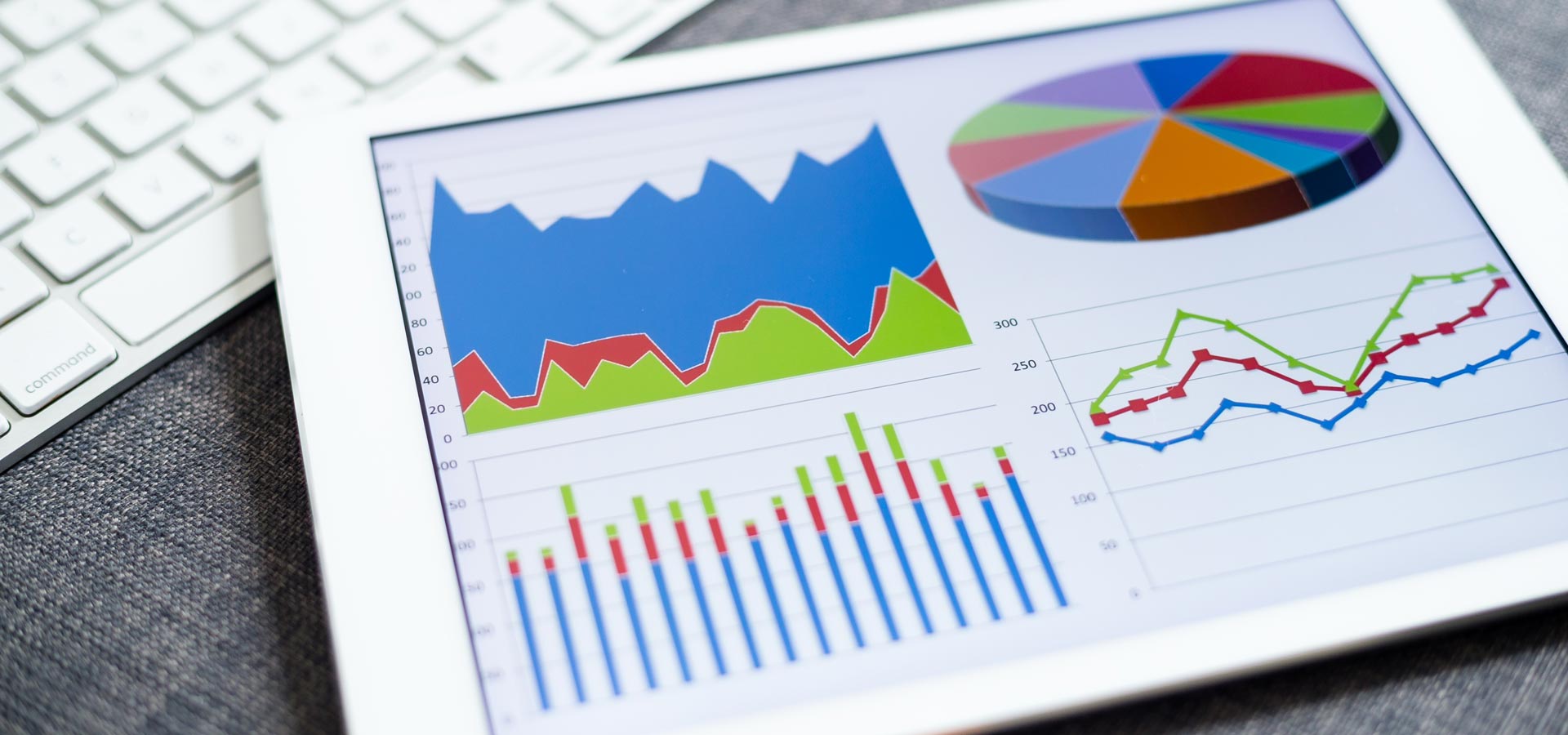Don’t make decisions without data analytics

Most not-for-profit organizations collect vast volumes of data. But according to a study conducted by Every action and Nonprofit Hub, only 40% of nonprofits regularly use that data to drive decisions. The majority of organizations that don’t analyze and apply data say they lack the time or staff to dedicate to it. But because it helps prevent bad decisions that must later be revisited and revised, data analytics can save nonprofits time and effort. Finding the data analytics is the science of collecting and analyzing sets of data to develop useful insights, connections and patterns that can lead to more informed decision making. It produces such metrics as program efficacy, outcomes vs. efforts, and membership renewal that can reflect past and current performance and, in turn, predict and guide future performance. The data usually comes from two sources, internal and external data. Internal data includes your organization’s databases of detailed information on donors, beneficiaries or members. External data can be obtained from government databases, social media and other organizations, both non- and for-profit.
Facilitating discussions and plans
Data analytics can help your organization validate trends, uncover root causes and improve transparency. For example, analysis of certain fundraising data makes it easier to target those individuals most likely to contribute to your nonprofit. It typically facilitates fact-based discussions and planning, which is helpful when considering new initiatives or cost-cutting measures that stir political or emotional waters. The ability to predict outcomes can support sensitive programming decisions by considering data on a wide range of factors — such as at-risk populations, funding restrictions and grant maker priorities.
Getting your money’s worth
Some basic analytics tools are free, such as those offered by Google Analytics. But for more sophisticated and powerful functions, you may need to spend a little money. Your organization’s informational needs should dictate the data analytics package you buy. Thousands of potential performance metrics can be produced, but not all of them will be useful. So, identify those metrics that matter most to stakeholders and that truly drive decisions. Also ensure that the technology solution you choose complies with any applicable privacy and security regulations, as well as your organization’s ethical standards.
Obtaining professional help
If you don’t already have experienced staff, you may need to hire someone to conduct data analytics and convert the results into actionable intelligence. Contact us for more information and for resource suggestions.
© 2021



